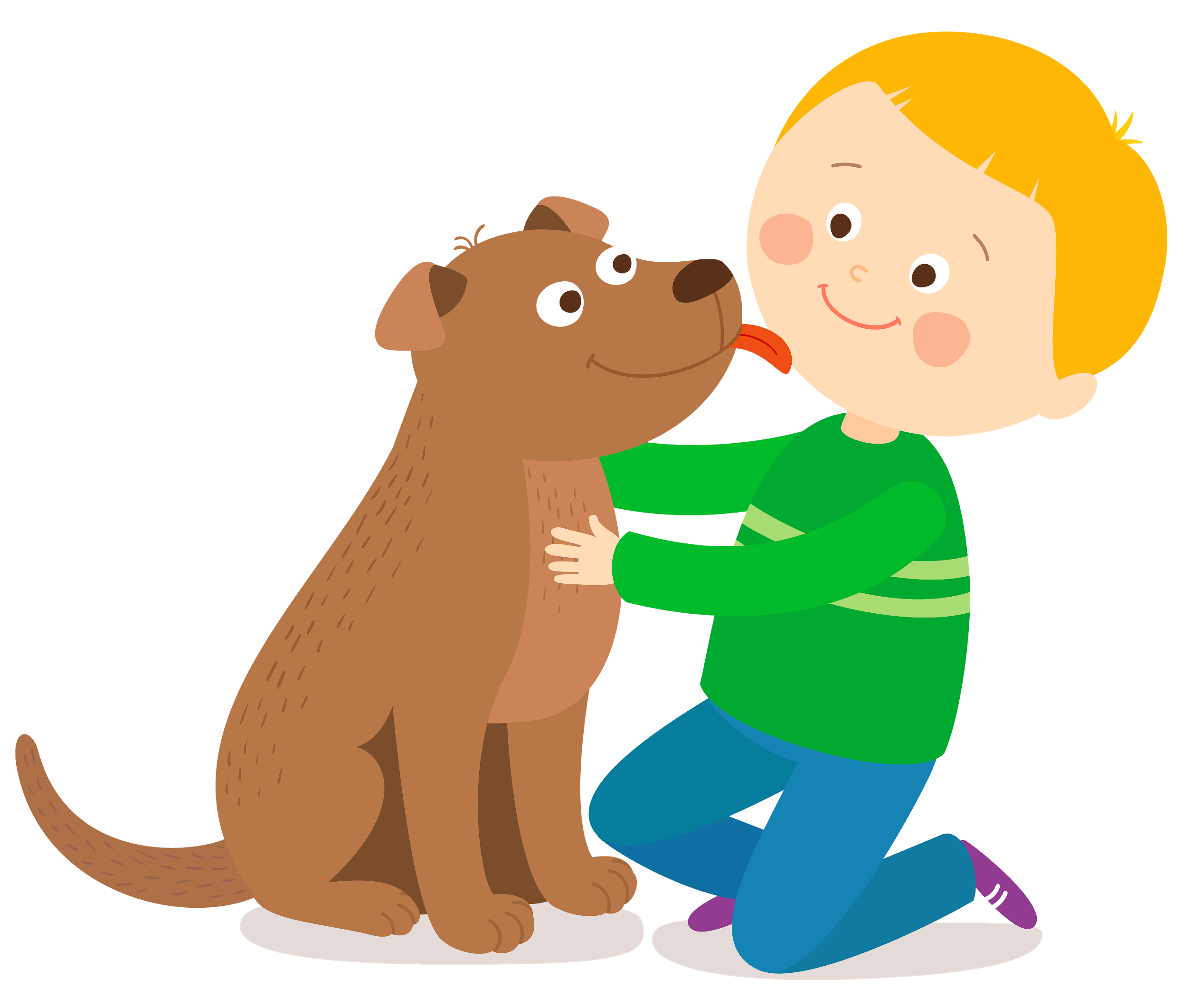The GS Vet Blog!
5 intestinal parasites you could get from your pet – and how to avoid transmission!

Parasites are organisms that spend their lives on, or inside a ‘host’.
It is very common for a pet to become infected with some sort of parasite within in its lifetime. Unfortunately, parasites can be more than just a nuisance – left untreated, they can cause life threatening conditions.
Some parasites can be transferred from animals to people!
These are called ‘zoonotic’ parasites.

Roundworm is the most commonly diagnosed intestinal parasite found in dogs and cats. It can be passed from an infected mother to her puppies or kittens, or, contracted by any pet that has ingested infective eggs.
Roundworm is a zoonotic parasite that can be passed to people. Left untreated, roundworms in people can cause serious health problems when the larvae (which originally hatch in the gastrointestinal tract) enter organs and other tissues within the body, resulting in lung, brain, or liver damage. If roundworm larva enters the eyes, blindness can result.
Hookworms are the second most common intestinal parasites found in dogs (they are less commonly found in cats). Hookworms can be passed from mother to babies, or, when larvae penetrate the skin. They are dangerous because they ‘hook’ into the intestinal lining with their mouthparts which can cause physical intestinal damage (leading to nutrients from food not being able to be absorbed), and, because they suck blood which can cause severe anaemia.
Hookworm infections are zoonotic. Infections in people usually occur after accidentally ingesting larvae – or after the larvae enter through the skin (usually through the feet and hands). Larvae that penetrate the skin produce severe itching and red, tunnel-like ‘tracks’ on the skin surface. If accidentally ingested, they can cause serious intestinal problems.

Whipworms get their name from their whip-like shape. Animals with whipworms pass the infection along to other animals when the worm eggs are passed in faeces into the environment that your pet walks or rolls in. Your pet may then groom himself and ingest the larvae or after licking contaminated fur or paws.
Like hookworms, whipworms bury their heads into the lining of an animal’s intestine and suck blood. Occasionally, severe infections can develop and lead to diarrhoea, weight loss, and blood loss.
Whipworm larvae rarely infect humans when they are accidentally ingested, however, it is generally accepted that there is a zoonotic potential so precautions should be taken.

Tapeworms get their name because they are thin and flat, like strips of tape. Unlike the smooth-bodied roundworms, hookworms, and whipworms, tapeworm bodies are actually made up of joined segments. Dogs and cats become infected with tapeworms when they eat infected fleas, lice or infected rodents who act as ‘intermediate hosts’ for the parasite.
Tapeworms live in the small intestine and steal the nutrients from the food your pet eats. An infection is usually diagnosed when the eggs sacs are seen under the pet’s tail or on its stool. These sacs look like flattened grains of rice.
Tapeworms are zoonotic although the incidence in humans is low. Unfortunately, most reported cases involve children.
Giardia is a single-celled parasite that, if swallowed, can damage the lining of the intestine and reduce the absorption of nutrients from the food your pet eats.
Because it is highly contagious amongst animals, good hygiene and sanitation are important when there are multiple pets in the household.
Whilst Giardia infections are zoonotic, the odds of transmission are relatively low (however precautions MUST be taken with children, the elderly or immunocompromised individuals). Ensuring good hand hygiene and disinfecting pet toileting areas will minimise risks.
How to reduce the risks for your family…

Providing Professional Pet Care to the Following Suburbs:
Springfield Lakes, Greater Springfield, Redbank Plains, Springfield, Augustine Heights, White Rock, Collingwood Park, Goodna, Camira, Gailes, Spring Mountain, Greenbank, Bellbird Park, Flinders View, Ripley, South Ripley.
We recognise and pay our respects to the Jagera, Yuggera and Ugarapul peoples as the traditional owners of this land which was never ceded.
All rights reserved. Copyright Greater Springfield Veterinary 2024